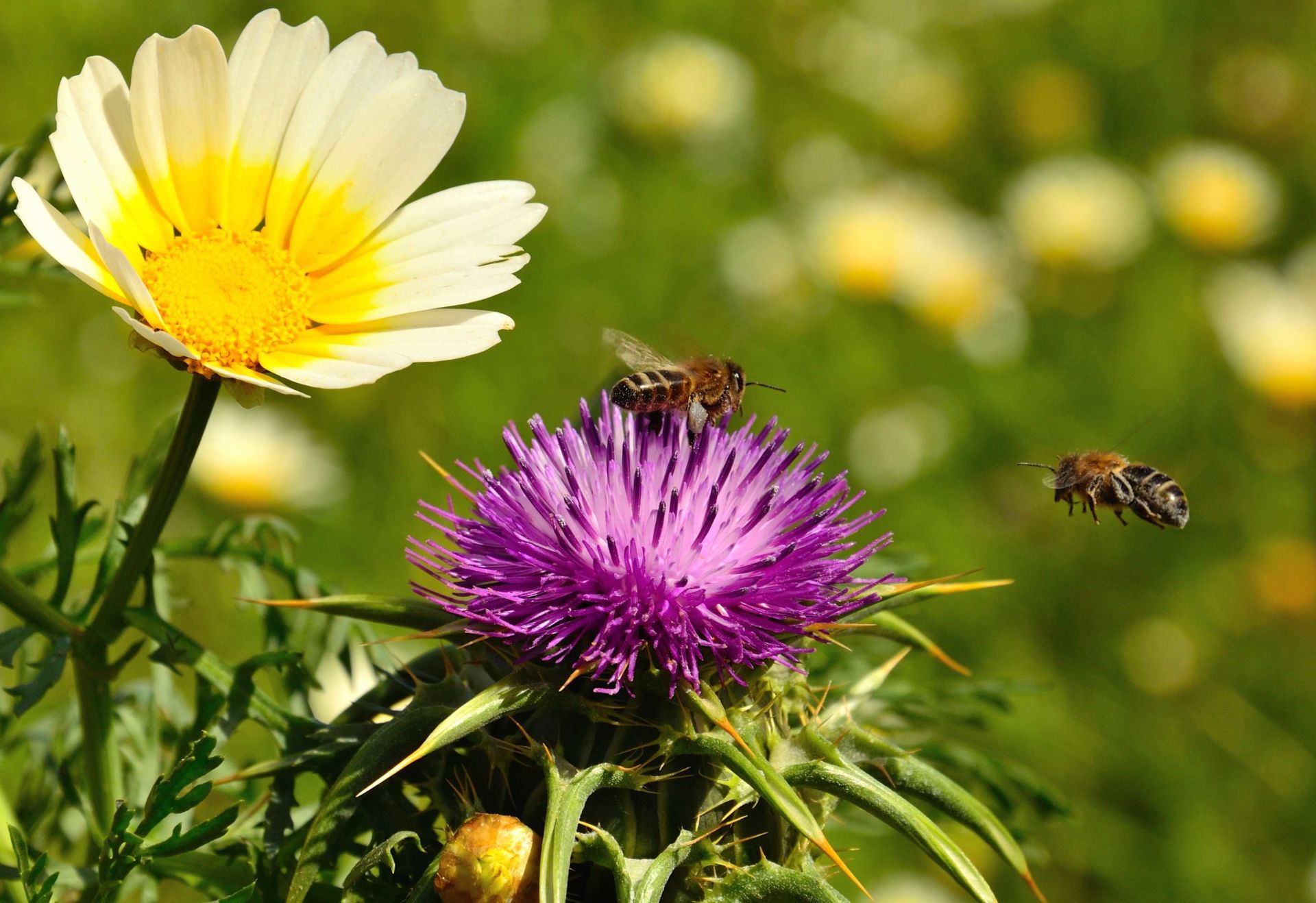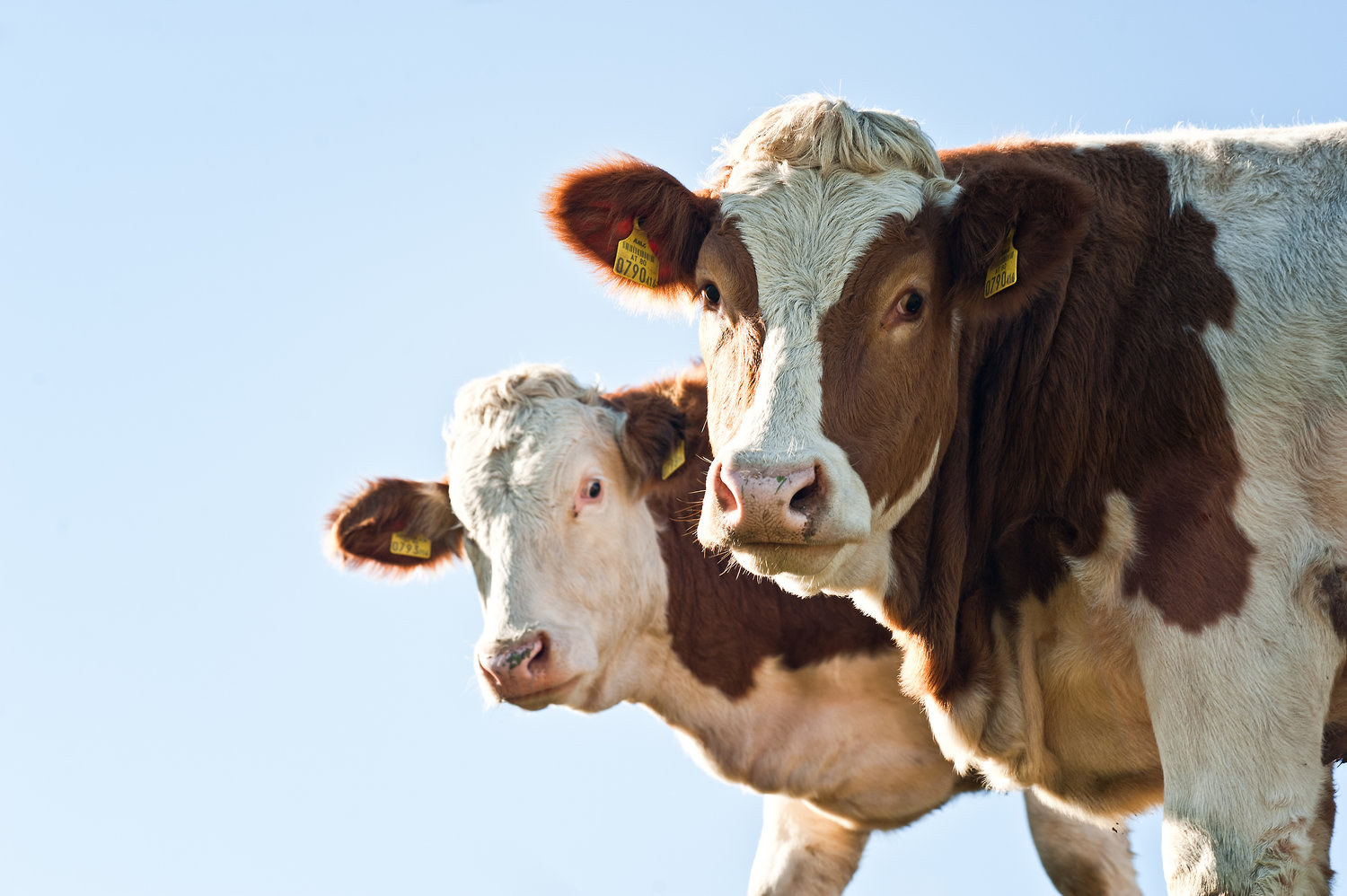If we manage to achieve the SDGs, 2030 will be a year to look forward to. This will be the year that we end poverty and hunger, have equal opportunities in life and live in harmony with nature. Although this may sound like utopia, this is what 193 world leaders agreed upon with the adoption of the 17 Sustainable Development Goals (SDGs) for 2030. Synergies could be the key.
Many of these SDGs are interconnected, with generally more synergies than trade-offs (also see Figure 1 below). Such synergies can create a win-win situation that would make it easier to achieve the SDGs because an investment in one SDG will bring us closer to achieving another SDG as well. But is this realistic?
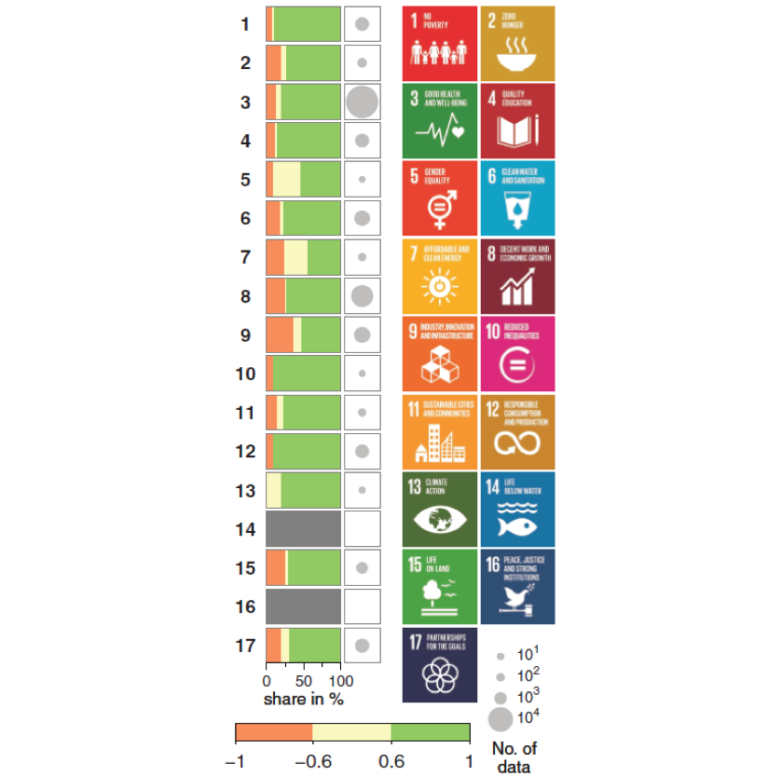
When we look at the current state of our food system, we see that hunger and obesity are on the rise, while progress on reducing stunting and wasting may be too slow to achieve SDG 2 “Zero Hunger” by 2030. Moreover, yield gaps persist in many parts of the world while concerns for the sustainability of our agricultural systems are mounting and poverty in rural areas remains high.
So why are there so many SDG synergies and yet so little progress?
This made me wonder — why do we still struggle with these challenges? The synergies that exist between for example poverty and agriculture, and between agriculture and nutrition in my mind should have resulted in more progress. At the moment, however, SDG 2 may be further out of reach now than it was in 2015 when the SDGs were adopted. So why are there so many SDG synergies and yet so little progress? For me, it comes down to these three points:

1. The SDGs and Their Targets Are Not of Similar Size
This point may seem trivial, but it is relevant nonetheless. Synergies between SDG targets are given equal weight, even though they are not equally sized or phrased. For example, SDG 17 “Partnerships for the Goals” has 19 targets whereas SDG 2 has eight targets, which would logically result in more interactions for SDG 17 than for SDG 2. Moreover, the phrasing of certain SDG targets makes it more likely that they have synergies with others. SDG 2.4 for example concerns sustainable agriculture, which automatically makes it synergistic with SDGs relating to sustainable resource use (i.e., SDG 6 “Clean Water and Sanitation,” SDG 7 “Renewable Energy,” SDG 13 “Climate Action,” 14 “Life Below Water” and SDG 15 “Life on Land”).
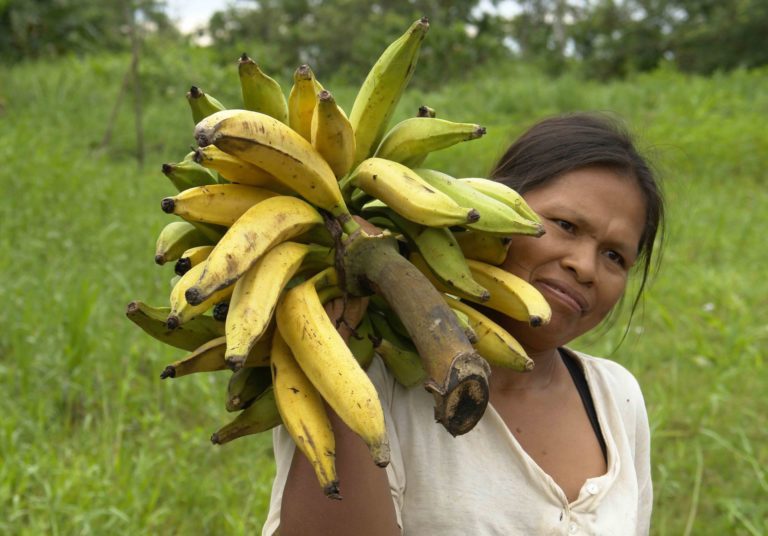
2. Synergies Work Both Ways: Win-Win but Also Lose-Lose
This may be my biggest aha-moment of the year. A positive relation between two variables means that when one of these variables goes up, the other goes up as well. However, such a positive relation also means that when one variable goes down, the other variable goes down as well. So our lack of progress on SDG 2 also makes it more difficult to achieve SDG 1 “No Poverty,” SDG 3 “Good Health” and SDG 8 “Good Jobs and Economic Growth.” Vice versa, our lack of progress on SDG 4 “Quality Education,” SDG 6 “Clean Water and Sanitation” and SDG 13 “Climate Action” makes it more difficult to achieve SDG 2. This means that the interconnected nature of the SDGs can cause a downward spiral that is difficult to break because of multiple interconnections. So is there anything we can do with the power of synergies to help governments and other stakeholders address the challenge of the SDGs? I think there is, which brings me to my next point.
Editor’s Picks — Related Articles:
 “An Enabler to SDGs’ Attainment: Linking Science with Human Rights”
“An Enabler to SDGs’ Attainment: Linking Science with Human Rights”
 “SDG Goalkeepers in Africa: Addressing Cultural Change”
“SDG Goalkeepers in Africa: Addressing Cultural Change”
3. Context — the Key to Unlocking the Potential of Synergies
Context is crucial to enable many SDG synergies to work. Some synergies are automatic, but most are enabled — they rely on human action to work. Increased spending on agricultural R&D, for example, will not improve agricultural productivity when there are no functioning extension services in a region to share results from the research with farmers. It is of crucial importance to consider these enabling contextual factors and resultant pathways if we want to enable SDG synergies. A colleague of mine, Ilse de Jager, wrote an excellent paper on this topic. Her analysis of an agricultural intervention (N2Africa, a large agricultural development project supporting legume production) demonstrates at what points the pathway towards a synergy between nutrition-sensitive agriculture and improved nutrition was broken.
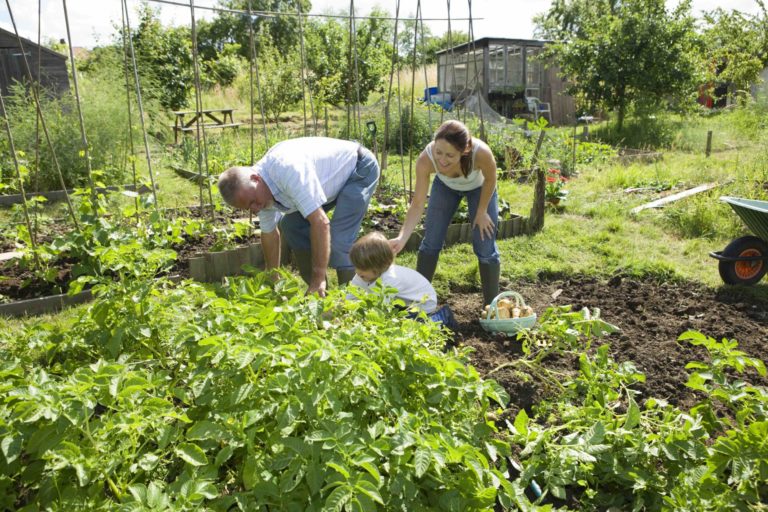
All in all, we can be excited about the many synergies that exist between SDGs. However, we need to realistic about their true potential as synergies are not silver bullets. SDG synergies offer many opportunities for a more sustainable future and the key to unlocking their potential lies in local contexts. This may leave us with less synergies, but these synergies will bring us closer to the future we want.


